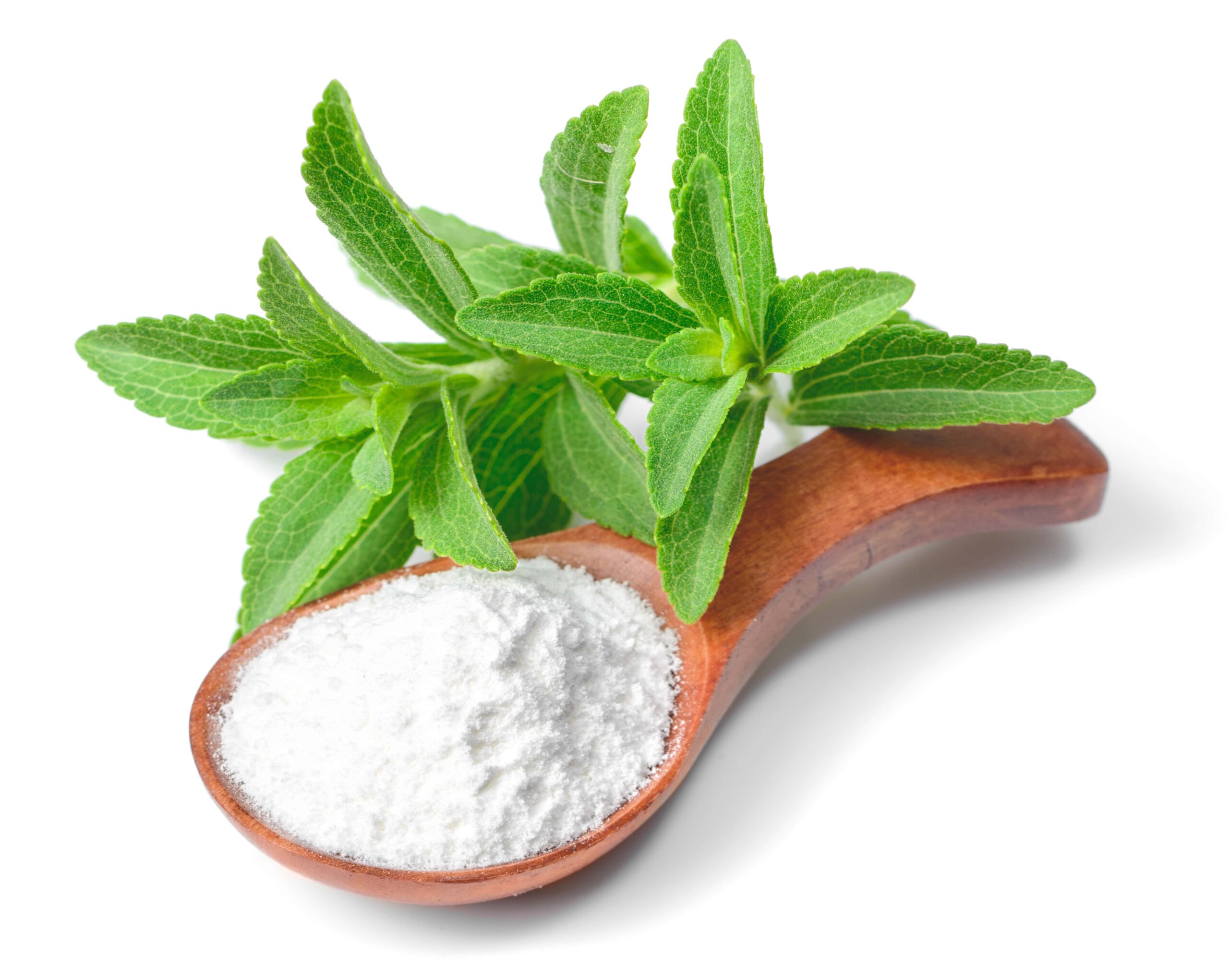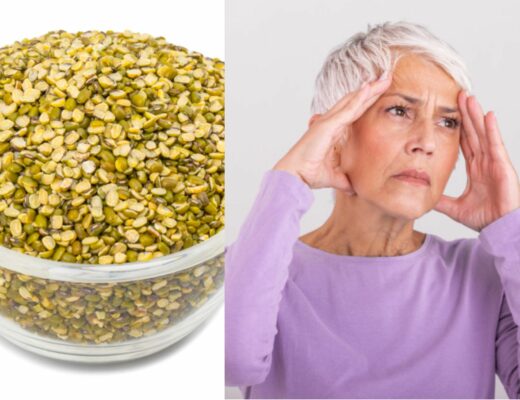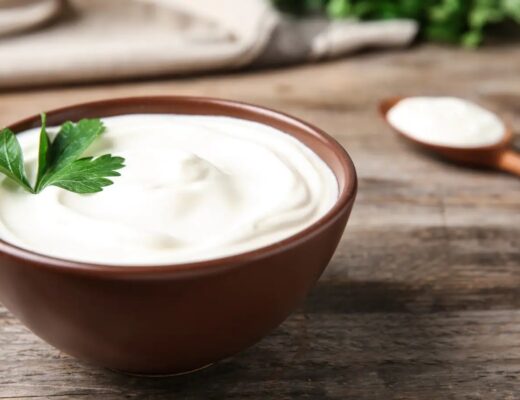When it comes to choosing a sugar substitute, many people turn to Truvia and Stevia as popular options. While both are derived from the Stevia plant, they have distinct differences in terms of composition, taste, and usage. In this comprehensive guide, we will delve into the dissimilarities between Truvia and Stevia, providing you with the information you need to make an informed decision.
What is Stevia?
Stevia is a natural sweetener extracted from the leaves of the Stevia rebaudiana plant, which is native to South America. The sweet compounds in Stevia, known as steviol glycosides, are extracted and processed to produce a highly concentrated sweetener. Stevia has gained popularity as a sugar substitute due to its zero-calorie nature and its ability to provide a sweet taste without affecting blood sugar levels.
What is Truvia?
Truvia, on the other hand, is a brand name for a specific type of sweetener that contains stevia extract. It is a blend of stevia leaf extract, erythritol (a sugar alcohol), and natural flavors. While Truvia contains stevia, it is not purely stevia extract, as it also incorporates other ingredients to enhance its flavor and texture. Truvia is marketed as a natural sweetener and is widely used as a sugar substitute in various beverages and foods.
Composition and Processing
Stevia extract, as a standalone product, contains only the steviol glycosides extracted from the Stevia plant. These glycosides are highly concentrated and provide intense sweetness. However, due to their potency, they often require a bulking agent or other ingredients to achieve a similar texture and sweetness level as sugar.
Truvia, on the other hand, combines stevia extract with erythritol, a sugar alcohol derived from corn or other plant sources. Erythritol serves as a bulking agent in Truvia, adding volume and texture to the sweetener. Additionally, natural flavors are included to enhance the overall taste profile.
Taste and Sweetness
One of the most significant differences between Truvia and Stevia lies in their taste and sweetness. Stevia extract, in its pure form, can have a slightly bitter or licorice-like aftertaste, which some people find undesirable. However, the bitterness can vary depending on the brand and the extraction process. Some high-quality Stevia extracts have reduced the bitterness, providing a cleaner taste.
Truvia, on the other hand, has been formulated to minimize the bitter aftertaste associated with pure Stevia extract. The addition of erythritol and natural flavors helps to balance the sweetness and provide a taste profile that more closely resembles sugar. Many people find Truvia to have a milder and more pleasant taste compared to pure Stevia extract.
Usage and Applications
Both Truvia and Stevia can be used as sugar substitutes in various applications. They are commonly used in beverages, baked goods, and other recipes that require sweetness. Since Stevia extract is highly concentrated, it is usually used in smaller amounts compared to sugar. It is available in powdered or liquid form, allowing for easy incorporation into different recipes.
Truvia, with its added bulking agent and natural flavors, has a texture and sweetness level that is closer to sugar. This makes it a more convenient option for those looking for a one-to-one replacement for sugar in recipes. Truvia is often available in granulated form, resembling the texture of sugar, and can be used in a similar manner.
Health Considerations
One of the main reasons people opt for Truvia and Stevia as sugar substitutes is their low-calorie or zero-calorie nature. Since they do not contribute to overall caloric intake, they are often chosen by individuals looking to manage their weight or control their sugar consumption.
Stevia extract, in its pure form, has been approved by several regulatory bodies, including the U.S. Food and Drug Administration (FDA), as a safe sugar substitute. Truvia, as a brand, has also been approved for use as a food ingredient. However, it is essential to note that the erythritol component of Truvia may cause gastrointestinal issues for some individuals, particularly when consumed in large amounts.
Conclusion
In summary, while both Truvia and Stevia are derived from the Stevia plant and serve as sugar substitutes, they have notable differences. Stevia extract is a highly concentrated sweetener, often used in smaller amounts due to its intense sweetness. Truvia, on the other hand, is a blend of stevia extract, erythritol, and natural flavors, providing a milder taste and texture closer to sugar.
When choosing between Truvia and Stevia, consider your personal taste preferences, the specific application, and any health considerations you may have. Experimenting with both options in different recipes can help you determine which one suits your needs and provides the desired level of sweetness. Ultimately, whether you choose Truvia or Stevia, these sugar substitutes can be a valuable tool in reducing overall sugar intake while still enjoying a sweet treat.
- Vape Cartridges by Vapes Super Store-The Ultimate Guide to Top Vape Cartridges A Comprehensive Review - March 19, 2024
- What are the Best THC-H TINCTURE - July 24, 2023
- Truvia vs. Stevia: What’s the Difference? - July 18, 2023




